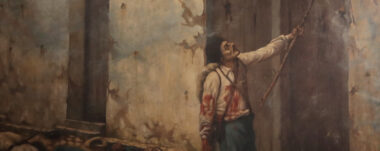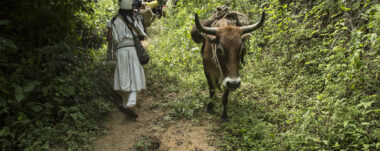The Chequers of General Tomás Guardia Park
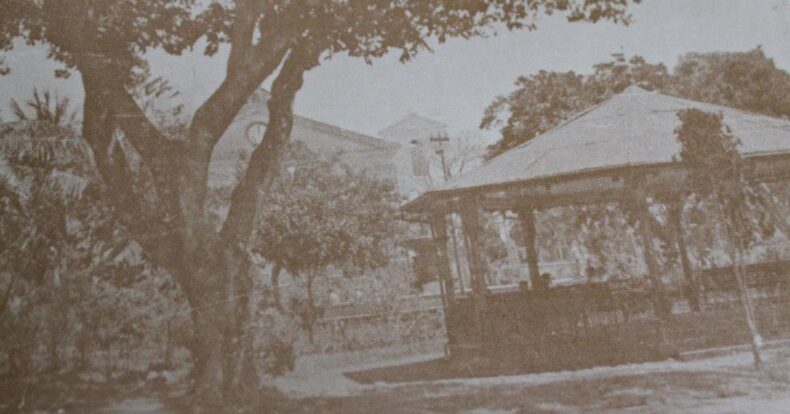
This is the tale of a longstanding tradition: playing chequers in General Tomás Guardia Park, in the heart of Alajuela.
Chequers in the Park
Just across from the cathedral stood several concrete tables with 8×8 boards embedded in their surface. Installed to invite games of chess or Chinese chequers, they ended up serving only one true purpose—what the locals called simply the Board. So many gathered to play that the tables quickly proved insufficient. That’s when the old-timers, mostly retired men with plenty of free time, began drawing makeshift boards with markers right on the park benches.
The chequers? Bottle caps, of course. Recycled from the glass sodas served up at Zanzi Bar, owned by Don Rafael Ángel Murillo.
“Save all those caps for that gang of board-playing lunatics in the park,” Don Rafa would say to his son, while stuffing handfuls into plastic bags.
His son, clever as they come, began selling the caps for five colones each. Some grumbled, of course—but they paid all the same. Soon enough, the bars surrounding the park caught on and joined the racket.
The old players bought them by the handful, because by tradition, the winner of each match took all the loser’s caps. Which meant that the less-skilled often left empty-handed and trudged back to the bar to restock. The best players, meanwhile, had bags full of caps stored at home—like trophies from a war their wives occasionally declared a nuisance and threw out.
One evening, Don Rafa found five clay piggy banks, each one brimming with coins. Proud and perplexed, he called his son into the back room.
“Where in the world did you get all that money?”
“From the bottle caps,” the boy answered. “Five colones apiece. They pay happily—some even bring exact change.”
Don Rafa smiled wide.
“Well, I’ll be damned. We’re raising the price to ten colones. That way, it won’t sting quite as much when you bump it to twenty-five.”
Around that time, a rumor began to spread throughout the park, the bars, the market, and the city at large. A single burning question floated through Alajuela: Who is the best at the Board?
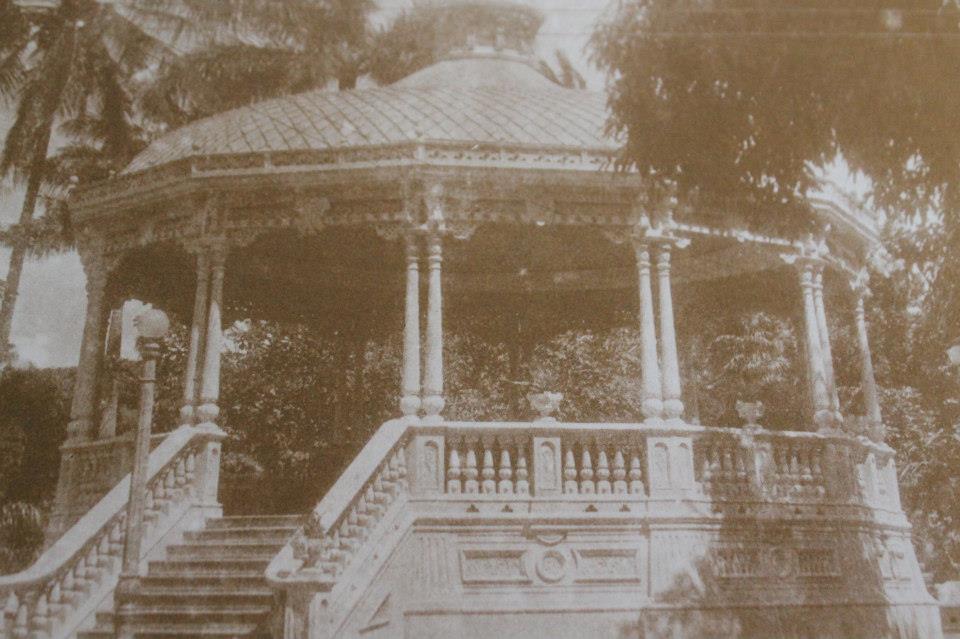
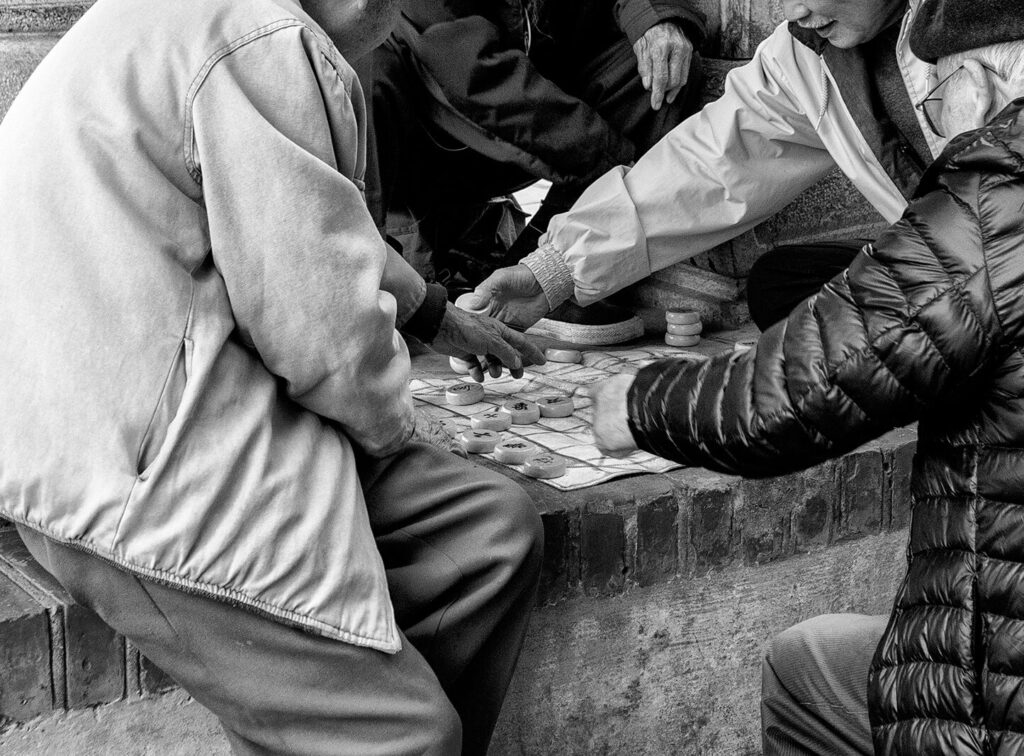
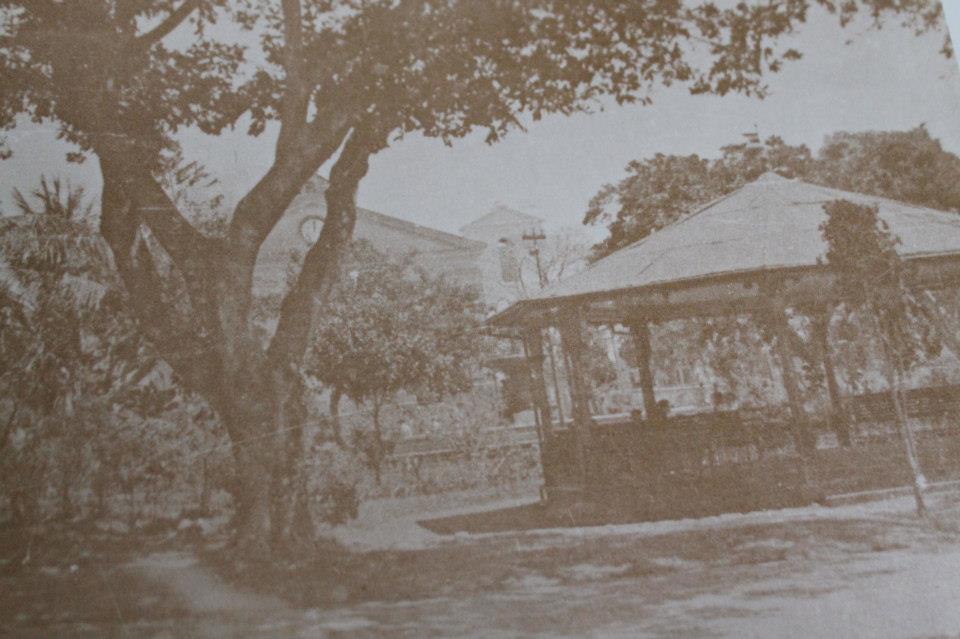
Not a day passed without names being whispered over benches and lunch counters. Darío—the park’s resident loudmouth with bleached-blond hair and a talent for nicknames—fanned the flames.
“Don Manuel is the sharpest of them all,” he’d declare. “Opened a string of chicken joints, made a fortune. That man’s got a head for winning. Why do you think they call him the Boss?”
“And what about the other guy?” people would ask. “The one they say is unbeatable?”
“Oh, that guy? Doesn’t even have a name. Folks call him the Monster of Chequers. I gave him that name,” Darío boasted. “And now he answers to it.”
The Monster didn’t frequent the park. Most days, he roamed the city collecting recyclables. But when he did sit at a board—no one could touch him.
Everyone knew it was only a matter of time before he and Don Manuel faced off.
When the rumor reached their ears, neither man said a word. But the tension was building.
And then, one sweltering afternoon in March, the Monster arrived.
He crossed the park slowly, a bulging sack of recyclables slung over one shoulder. The players fell silent as he approached. Don Manuel, halfway through a match, adjusted his cowboy hat and lowered his sunglasses to meet the man’s gaze.
The Monster leaned his bag against the iron fence beneath the mango trees. Martín, who had been losing to Don Manuel, stood up without a word and swept the caps off the board.
“I forfeit,” he said. “Have a seat, my friend. No way I’m getting in the middle of this.”
Don Manuel gave the Monster a long, steady look and nodded.
“Do you agree?”
“Of course. I came here for you,” the Monster replied, lowering himself onto the bench.
They laid out the chequers in silence. Tradition dictated that the reigning player—the one with the most wins—used his caps with the teeth facing up, like tiny crowns. Since both men were undefeated, there could have been a dispute—but there was none. Don Manuel took the crowned side. The Monster placed his flat on the board, no fuss.
Overhead, the sun blazed—hot and furious. In the heat, air shimmered like a mirage. Shade was precious, and spectators scrambled for it.
With the cool confidence of someone who knows he’s meant to win, Don Manuel unbuttoned the top of his shirt, picked up a red cap, and held it up against the sun.
“You see, Mario?” he said, eyes squinting. “Even the sunlight in this town has changed.”
Gasps swept through the crowd. No one knew how he’d called the Monster Mario—but the name hung heavy in the air. Darío’s brain started churning out theories on the spot.
The Monster didn’t reply. He fanned himself with his ragged shirt, once black, now only a suggestion of fabric. He reached for a green Fresca cap and made the first move without ceremony.
Darío, thrilled to be ringside, pushed closer.
“Now this is what we came for! Let’s find out who really wears the crown!”
His grin stretched wide, as always—his teeth too big to let his mouth ever fully close. That same overbite gave his voice a strange, echoing power that sent the squirrels running.
“Check it out!” he called. “Straight to the corner with that Kolita cap—took three in one shot! Two more turns and I’m closing the bets, folks!”
The crowd surged forward, people whispering wagers into his ear. Darío jotted names into a small blue notebook.
Don Manuel made his move—a bold one. Five caps in one sweeping jump. The crowd gasped.
“Whoo!” Darío cried. “That sly old fox!”
Neither player reacted. Their focus was absolute. Their hands moved like instruments, caps leaping across the board, gobbling up opponents, crowning triumphantly.
The murmurs rose and fell like waves crashing on some invisible beach—a beach Alajuela has never known, but somehow still remembers.
“Bets are closed!” Darío shouted. “No more entries!”
Felipe, the self-appointed co-commentator, chimed in:
“Don Manuel’s got style, man. He’s takin’ this. I’m walking outta here with some cash!”
The Monster remained locked in. His eyes weren’t just reading the board—they were seeing four, five moves ahead.
Another exchange. More caps in the graveyard.
“Something told me I’d beat you today,” said the Monster, almost to himself.
Don Manuel raised an eyebrow, calm as ever.
“Hope springs eternal, Mario.”
The crowd stirred again—he’d said the name with certainty this time. No denial followed.
“Manuelito,” said the Monster quietly, “today your streak ends. And about time.”
“Hah! Still sore about it? You never beat me. Not once. Even back when we were learning, I was always the sharper one.”
The Monster’s voice darkened:
“Sharper—and more of a backstabber.”
A thunderous Oooh swept the crowd. With that, the Monster crowned his chequer—and perhaps his revenge.
“Don’t know what you expected, Manuelito,” he said, rising slowly. “Forgiveness was never the reason I came. I just couldn’t leave this world without beating you—at least once.”
Don Manuel sat there, hollowed by defeat, holding more than just the loss of a game.
And no one knows where Darío got the idea—but not two hours later, he was already spreading a new theory: that Don Manuel had let himself lose. That it was all an act of repentance for stealing Mario’s wife. But you shouldn’t believe everything that bigmouth says.
Navigate articles




